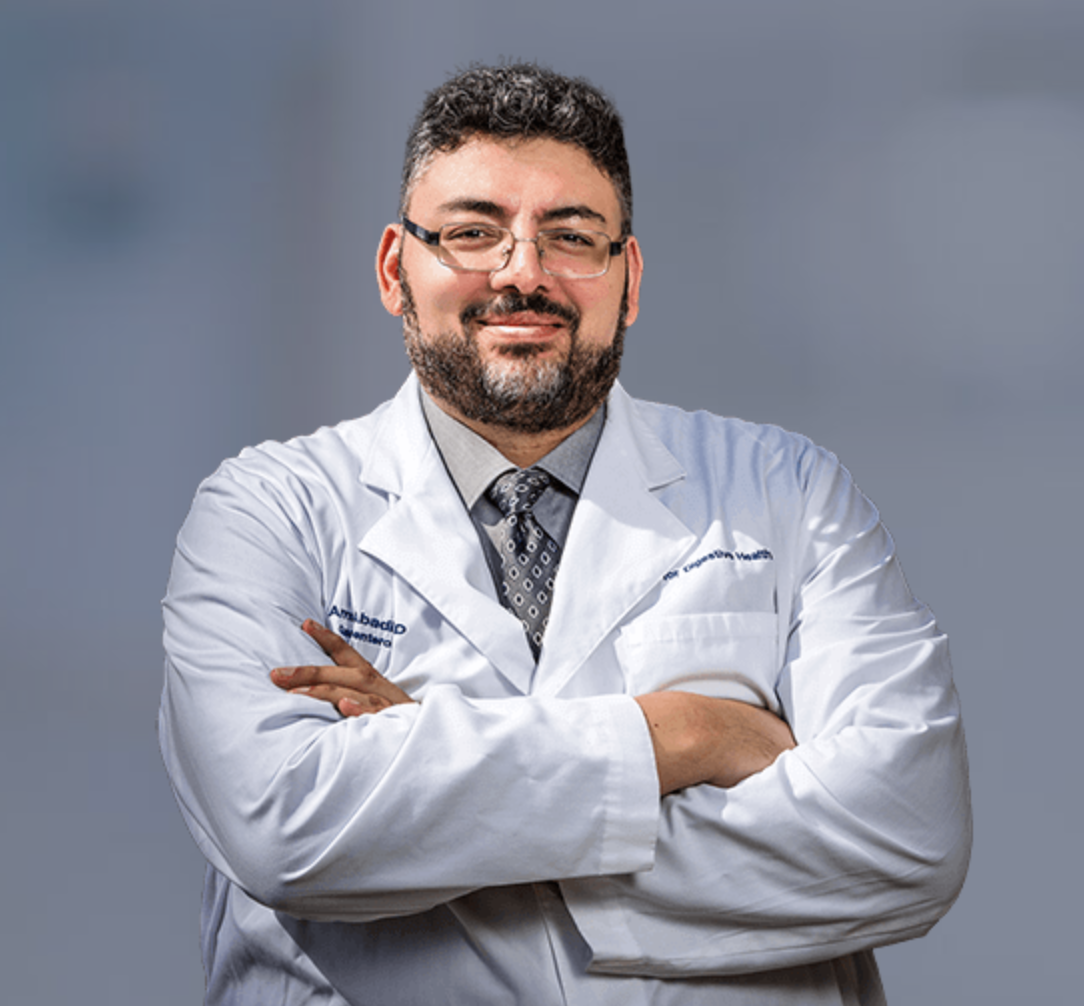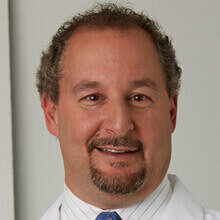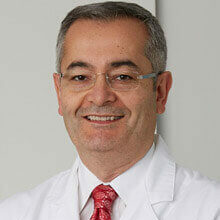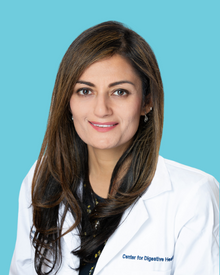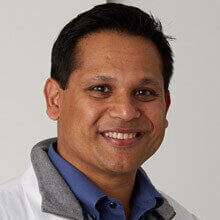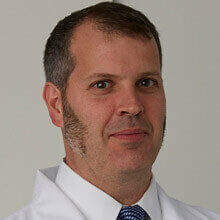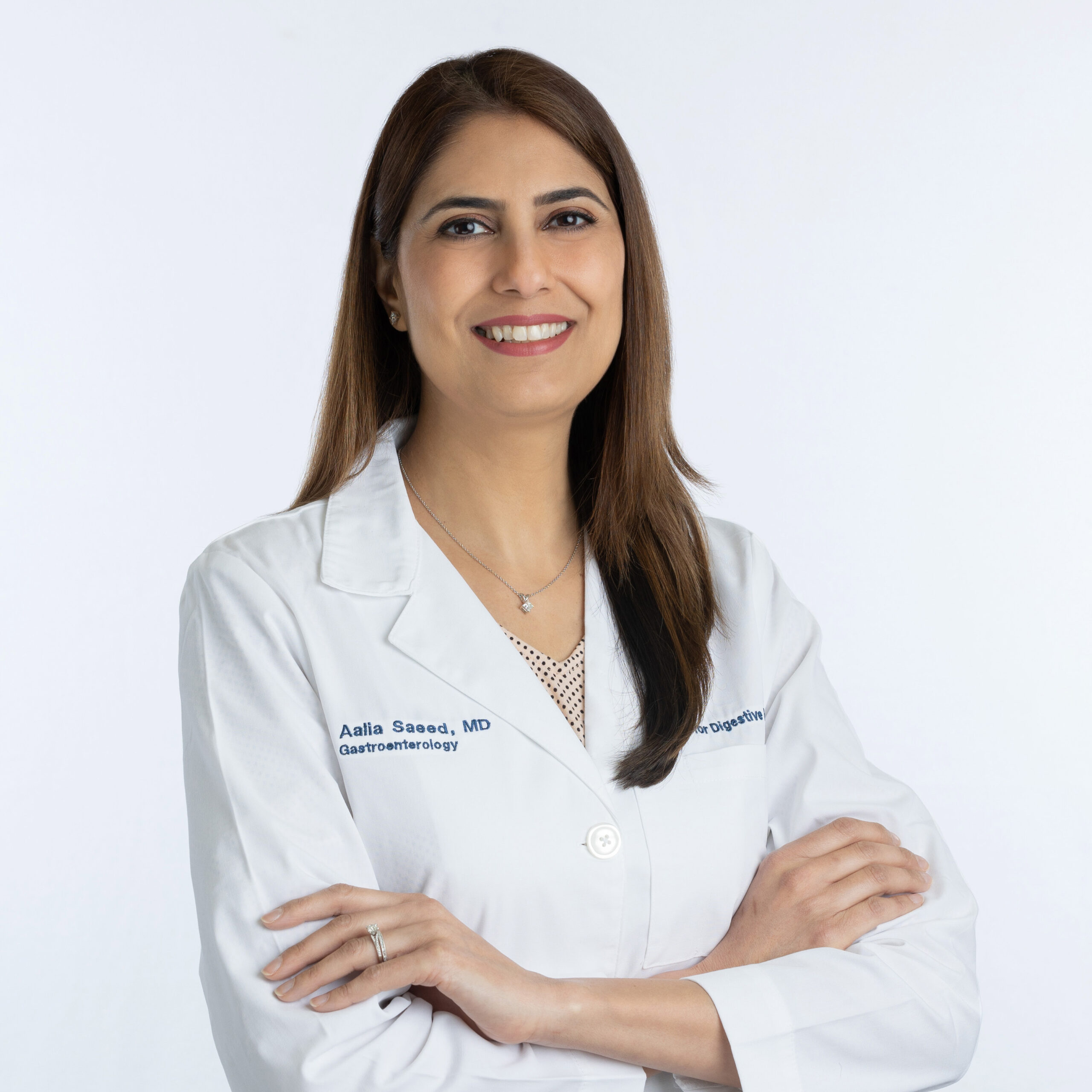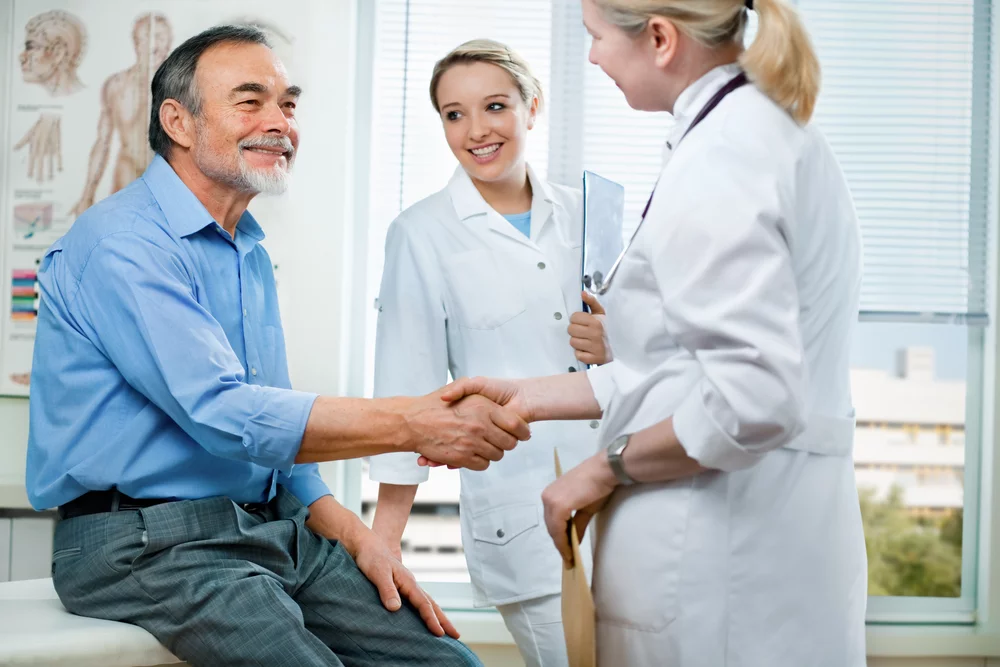What is Bloating?
Bloating is the feeling of having a full stomach, and it is accompanied by a distended abdomen or an increase in the stomach’s size. Bloating typically involves the accumulation of gas in the intestines, resulting in swelling of the stomach.
What are the causes of bloating?
As previously stated, bloating is caused by gas buildup in the stomach, resulting in stomach swelling. According to the Cleveland Clinic, certain foods may be more likely to cause bloating. These include the following:
- Salty and processed foods
- Fatty foods, such as fried chicken
- Carbonated drinks
- Foods containing the sweetener high fructose corn syrup
- Dairy products, like milk and ice cream
- High-carb meals
- Beyond these specific foods, overeating can cause bloating. This may be especially true of high-carb meals, as excess carbohydrates can cause fluid retention.
In some cases, stress and anxiety may lead to bloating, because people may tend to swallow more air when they are anxious. This can cause episodes of bloating.
Symptoms of Bloating
Feeling full is probably the most common symptom of bloating. Other symptoms include:
- Belching
- Gassiness
- Feeling the need to have a bowel movement
- Nausea
- Feeling as if something is stuck inside the stomach
- Discomfort, which may range from mild to intense pain
What are the treatments for bloating?
Most experts agree that bloating typically resolves on its own. You can reduce the occurrence of bloating by eating smaller portions of food and by eating more slowly. It is also helpful to avoid foods that trigger bloating, such as greasy or high-sodium foods. People who frequently struggle with gassiness and bloating may benefit from giving up habits that increase the amount of air that is swallowed. These include drinking through a straw, sucking on candy, and chewing gum. While bloating is typically not an indication of a serious problem, if it does not resolve on its own and includes other symptoms, it is time to see a doctor to rule out a medical problem. Some symptoms that may suggest an underlying digestive condition include diarrhea, severe stomach pain, blood in the stool, loss of appetite, unintentional weight loss, or change in the appearance or frequency of bowel movements.
Applicable Procedures
What can I do to prevent bloating?
If you experience recurrent episodes of bloating, it may be helpful to track what foods you consume before feeling bloated, so you can eliminate them from your diet. You can also prevent bloating by eating smaller portions and avoiding habits like drinking through a straw or sucking on candy, which may cause you to swallow too much air.
What is the treatment for bloating?
Bloating usually goes away on its own and is prevented by eating smaller portions and eliminating trigger foods from the diet. Professional treatment usually is not necessary.
Is bloating a serious health problem?
Bloating is usually not a cause for concern, but if it doesn’t go away and is accompanied by symptoms like severe pain, blood in the stool, weight loss, or loss of appetite, it is important to see a doctor to rule out a digestive health problem.
Common Symptoms
- “After having a greasy, salty fast food meal, I feel like my stomach is especially full, and I have a lot of gassiness.”
- “Several hours after overeating, my belly sticks out, and I feel as if I have something stuck inside it.”
- “Certain foods make my stomach feel uncomfortable, and I have the sensation of needing to have a bowel movement.”


